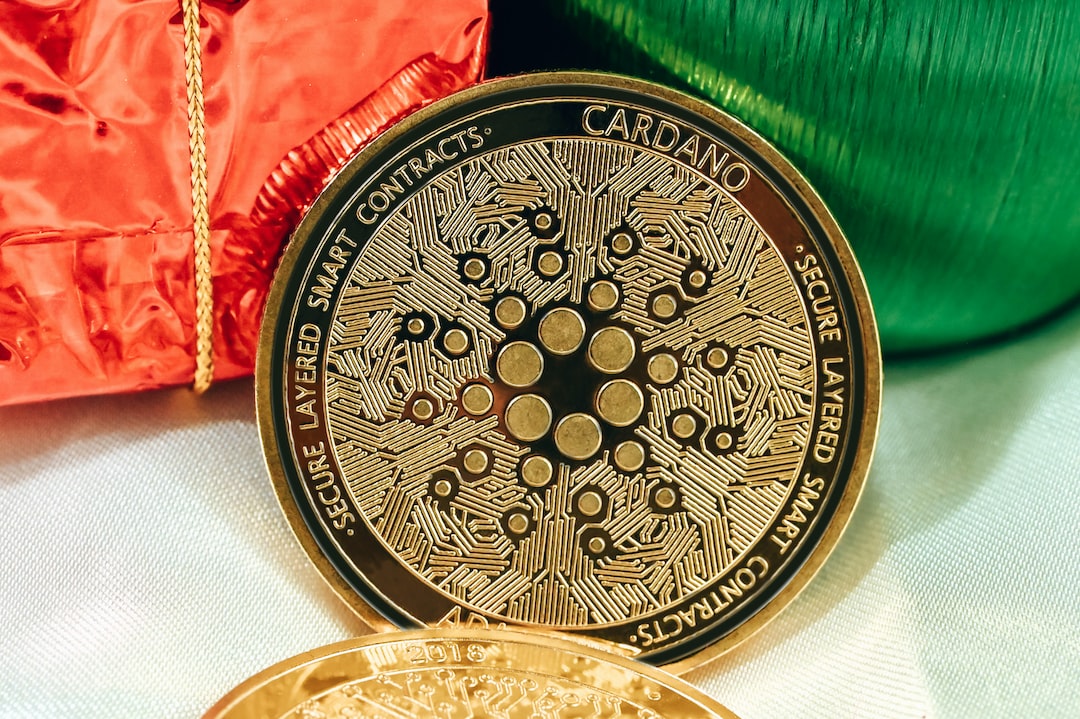Authors Sue OpenAI for Copyright Infringement
A group of well-known authors, including John Grisham, George R.R. Martin, David Baldacci, and Sylvia Day, has filed a lawsuit against OpenAI for alleged copyright infringement. The Authors Guild organized the suit on behalf of the plaintiffs, claiming that OpenAI’s ChatGPT tool has flagrantly violated their copyrights.
The authors specifically pointed out that the tool generated an unauthorized outline for a Game of Thrones prequel using characters created by Martin. They argue that if OpenAI trained its models on their work without permission, it constitutes a violation. However, if the linchpin of their argument is that OpenAI created derivative works from protected material, the situation becomes less clear.
US Fair Use Policy in Spotlight Again
The CEO of the Authors Guild, Mary Rasenberger, emphasized the need to stop this alleged theft to preserve the US literary culture and other creative industries. OpenAI previously argued in court that their use of copyrighted material falls under fair use and is protected by the First Amendment right to free speech.
Artificial intelligence algorithms can generate derivative works based on input data. While creating work in someone else’s style may not be considered a copyright violation, things become more complicated when AI produces derivative works without explicit consent.
In the European Union, upcoming laws require developers to disclose the content generated by AI and ensure that authors are compensated for their work. Major industry players like Google and Universal Music Group are also working on tools to pay artists when their content is used in AI-generated music.
Creatives Fear Potential of Accelerating AI
Globally, creatives and workers fear a future where AI replaces them. Hollywood actors are concerned about losing control over their image due to deepfakes, while the UK Publishers Association has called for a licensing regime to regulate the use of intellectual property in AI. The UK government is being urged to balance the needs of creatives and tech companies, as well as replenish the diminishing pool of creative talent.
Hot Take: The Battle Between Creatives and AI
The lawsuit filed by authors against OpenAI highlights the ongoing conflict between creatives and artificial intelligence. As AI technology advances, concerns about copyright infringement and the potential replacement of human workers continue to grow. While fair use policies and regulations are being developed to address these issues, striking a balance between protecting intellectual property and fostering innovation remains a challenge. It is crucial for stakeholders to collaborate and find solutions that support both the rights of creators and the advancement of AI.
Bernard Nicolai emerges as a beacon of wisdom, seamlessly harmonizing the roles of crypto analyst, dedicated researcher, and editorial virtuoso. Within the labyrinth of digital assets, Bernard’s insights echo like a resonant chord, touching the minds of seekers with diverse curiosities. His talent for deciphering the most intricate strands of crypto intricacies seamlessly aligns with his editorial finesse, transforming complexity into a captivating narrative of comprehension.

